Back to Courses
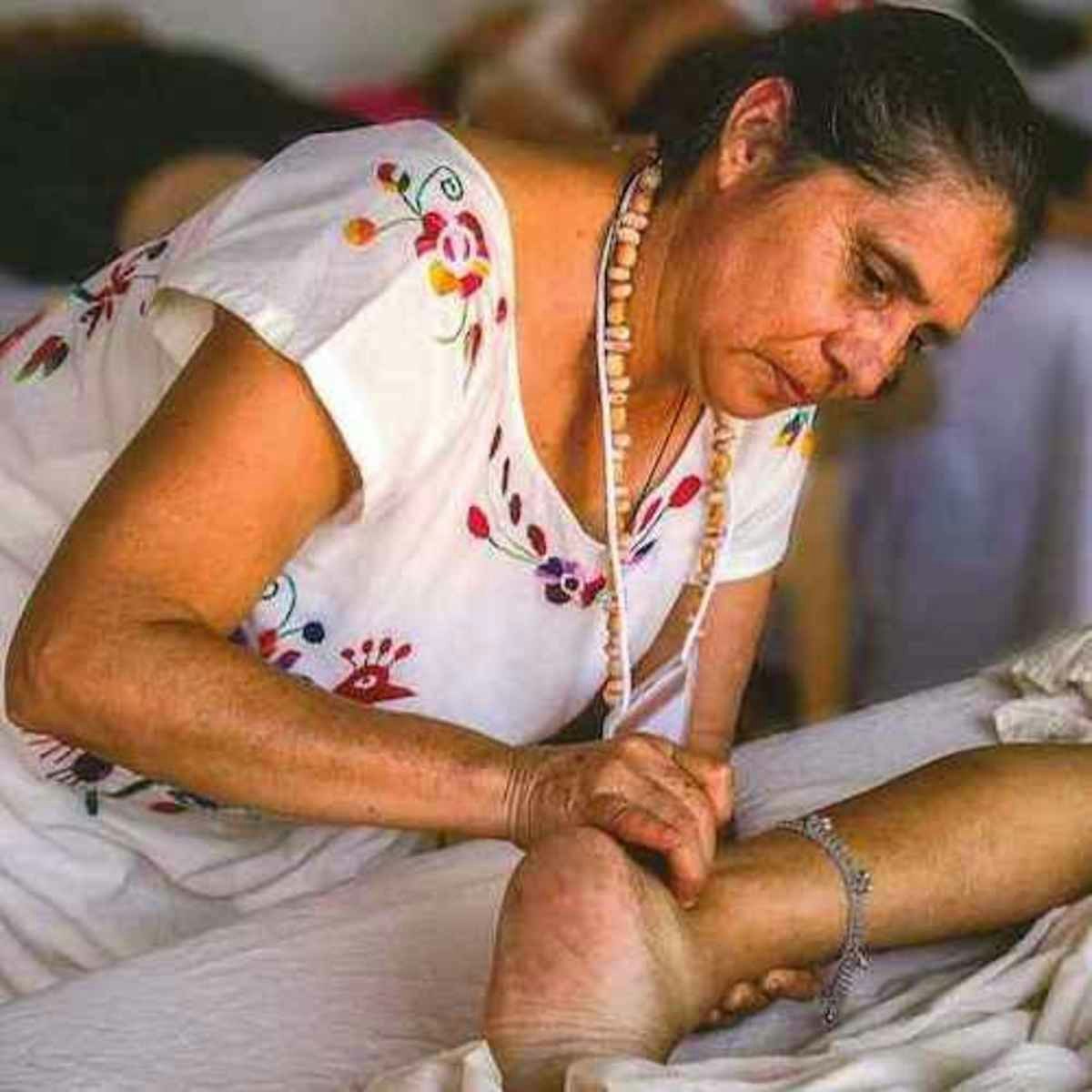
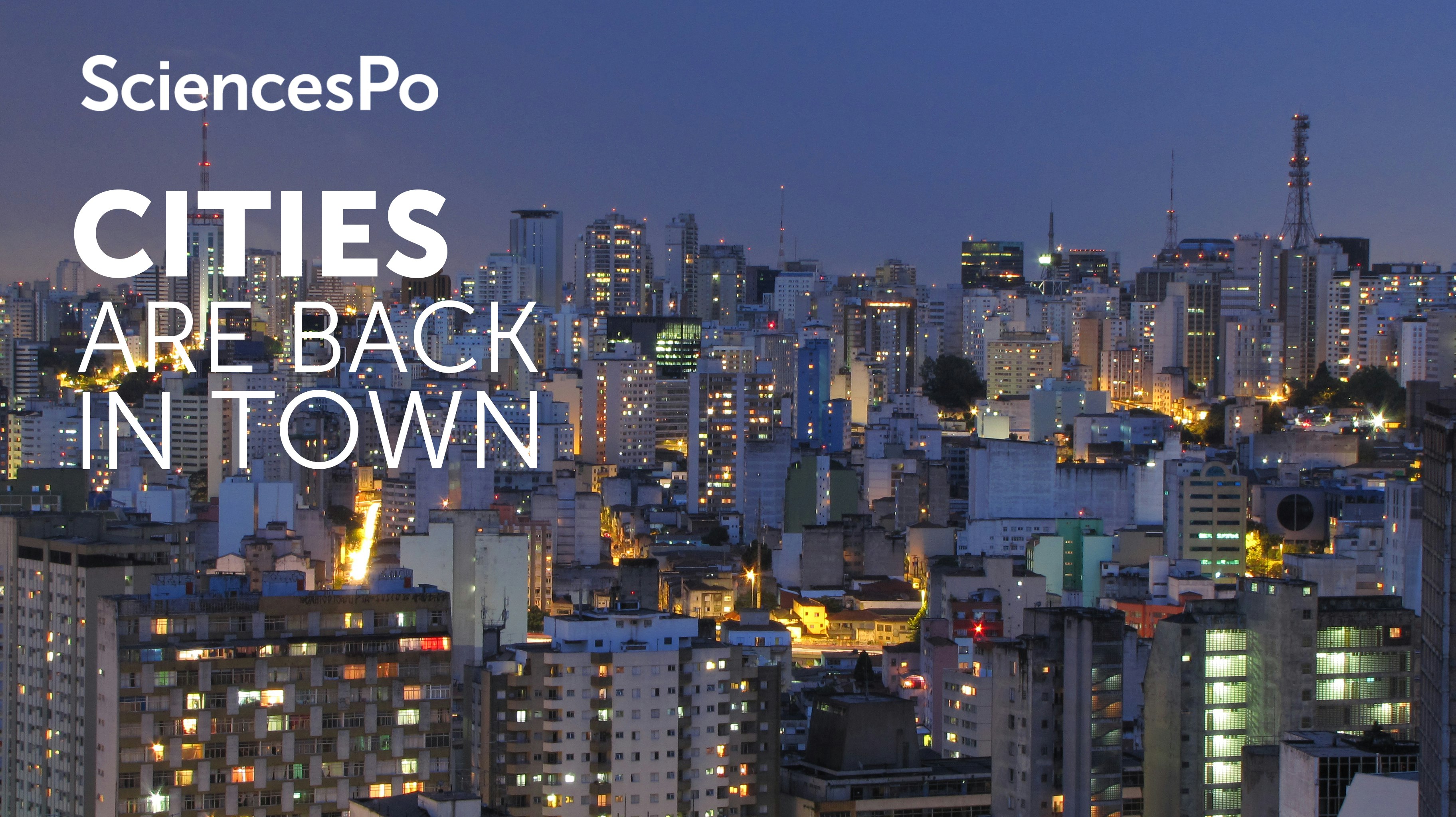
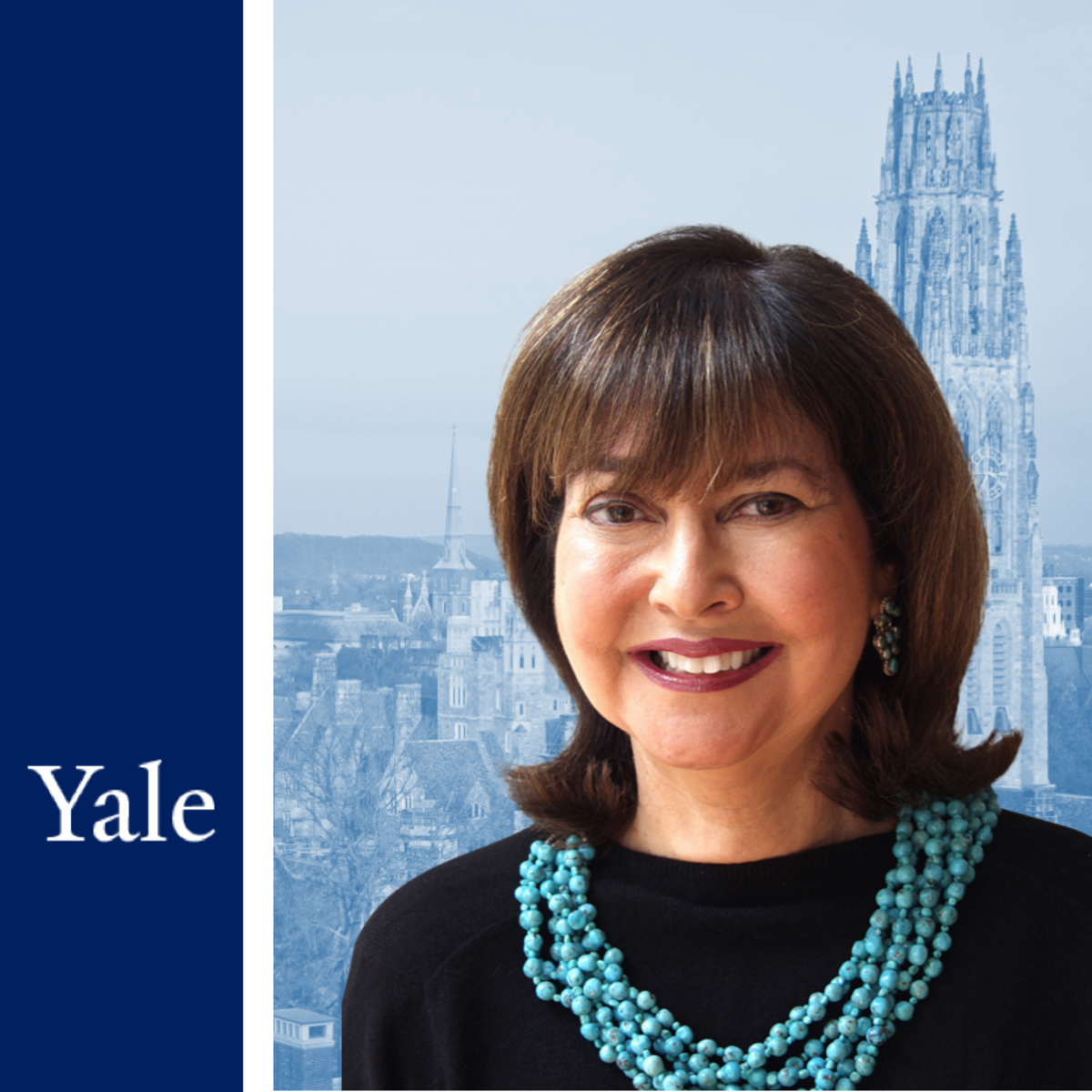
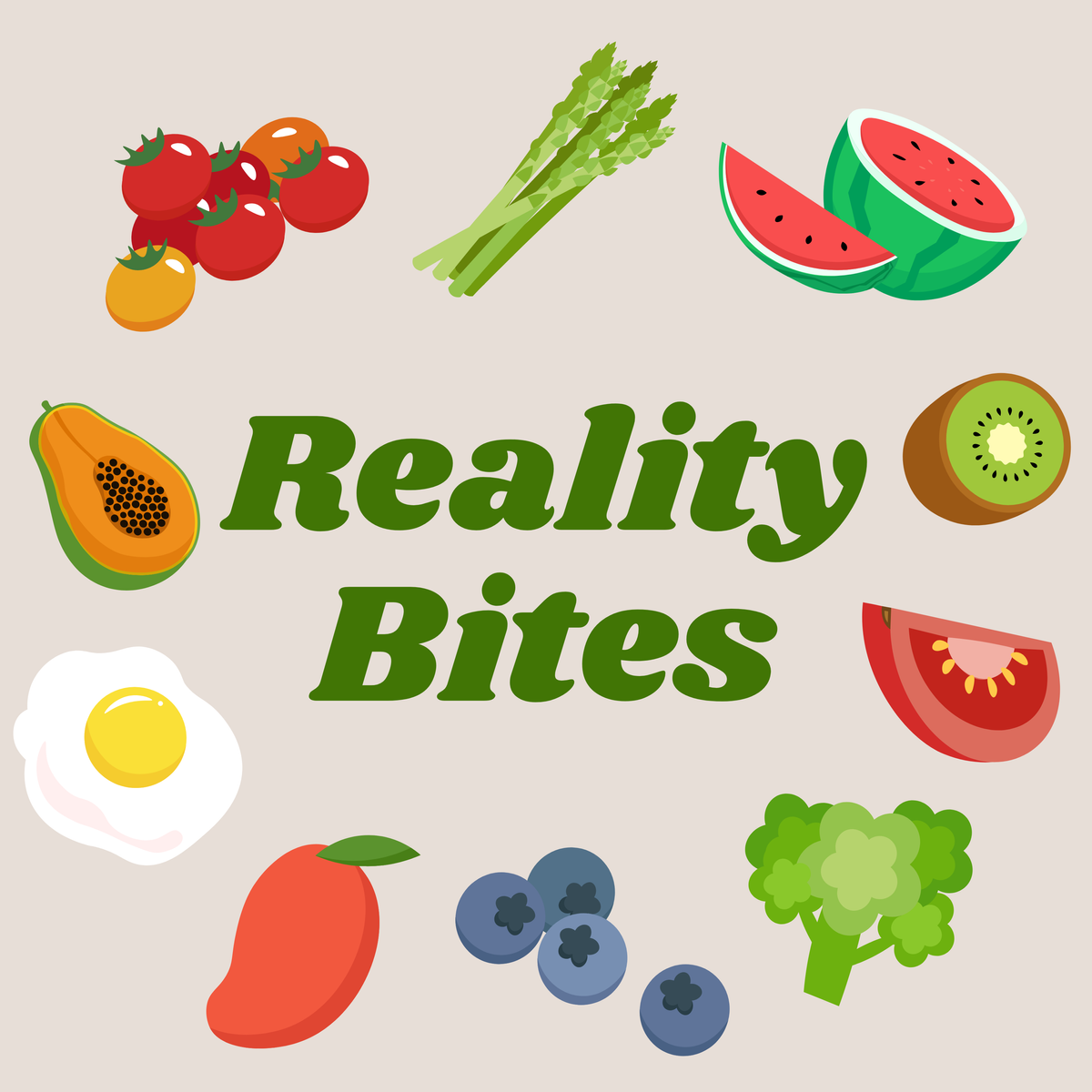
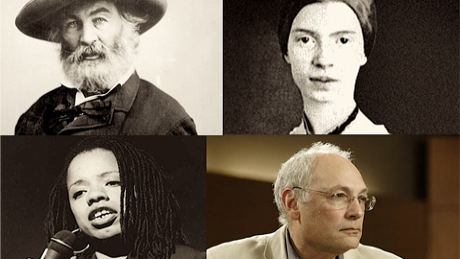
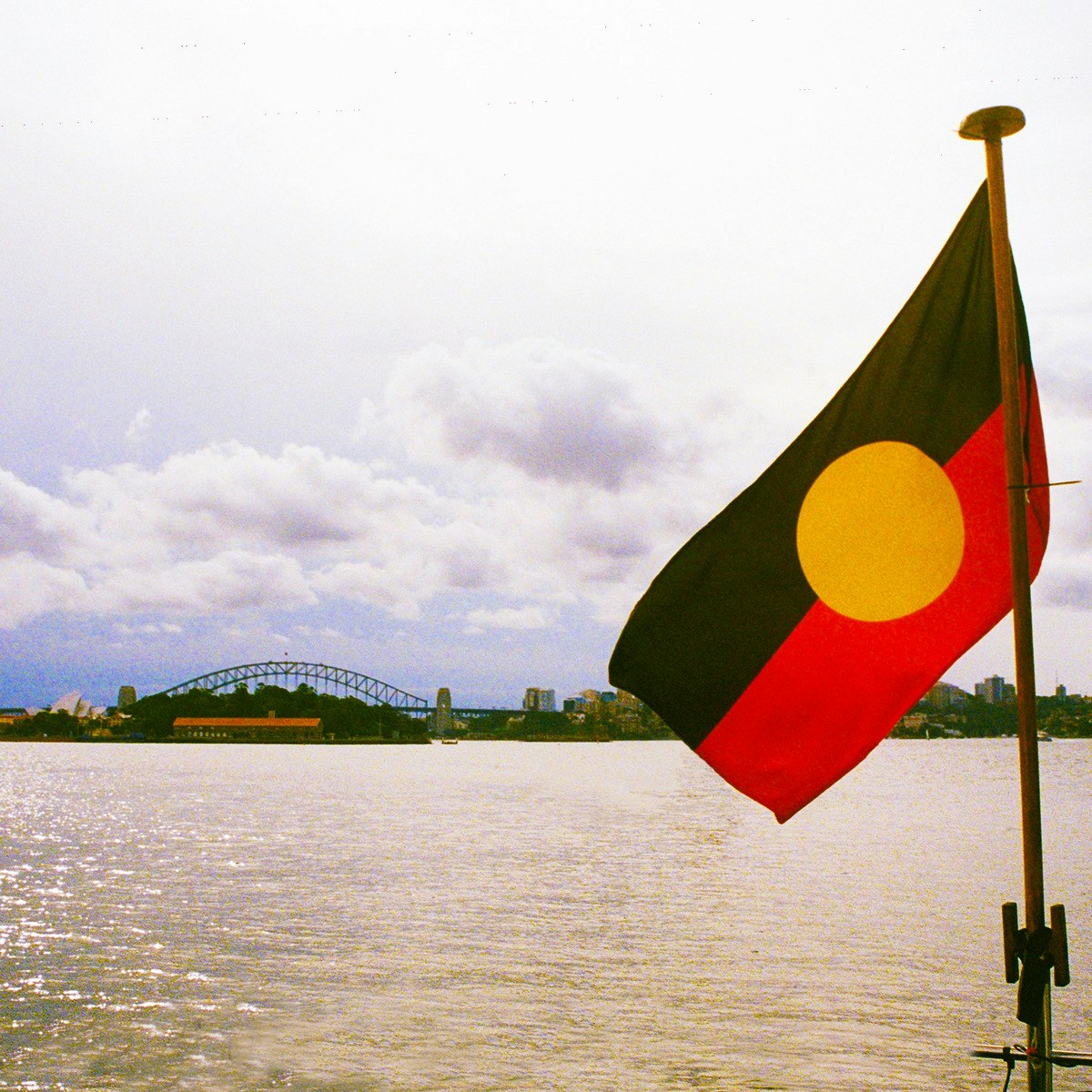

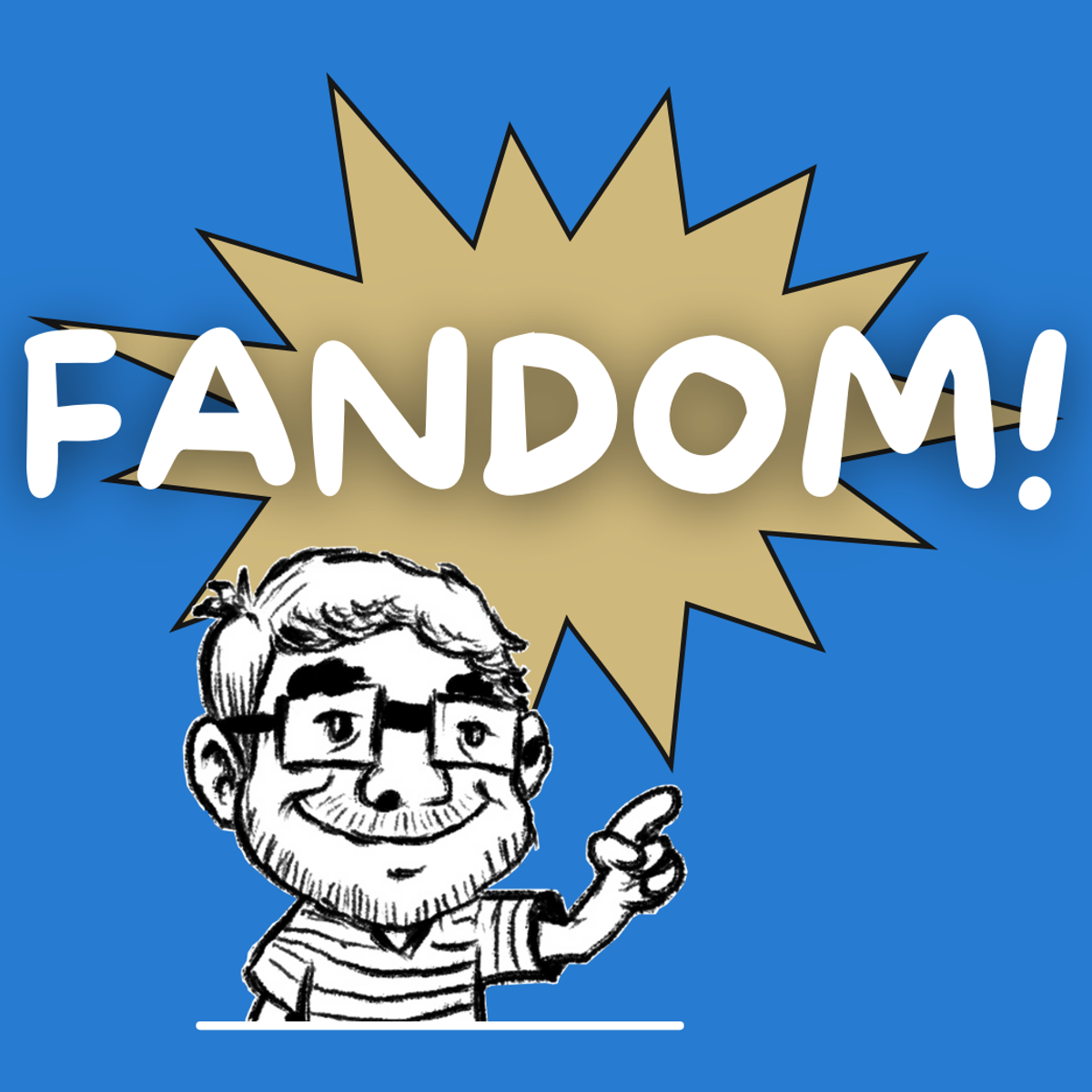
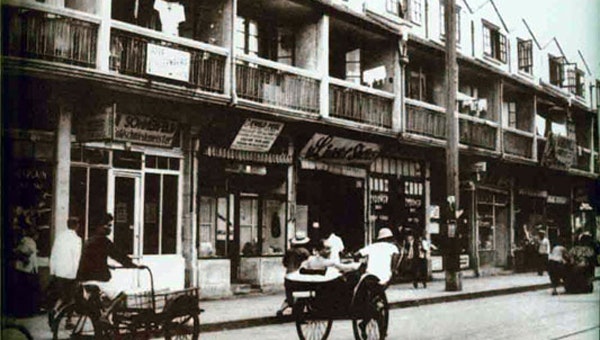
History Courses - Page 5
Showing results 41-50 of 168

Introduction to Comparative Indo-European Linguistics
Build your knowledge of Indo-European languages, how they changed through time, and how to reconstruct ancient languages. Every language belongs to a language family; a group of languages that are genetically related to each other. Indo-European is the name of the language family to which English belongs, along with many sub-families such as Germanic languages and Romance languages.
The Indo-European language family is now known to consist of thirteen major branches and a number of now extinct languages of which only fragments have been preserved that may once have formed branches of their own.
You’ll delve into the structure and origins of these branches. Not only will you learn about the oldest languages belonging to the Indo-European language family, but you’ll also learn about linguistic reconstruction, how you can tell whether two languages are related to each other and how language changes.
This course will guide you through the different groups of Indo-European languages. You’ll look at some of the oldest texts from these languages, including Ancient Greek and Sanskrit, and learn about the importance of oral traditions in the history of these texts.
As you progress through each of the branches of the language tree, you’ll begin to piece together the Proto-Indo-European language bit by bit by comparing and contrasting each different language in the tree.

Curanderismo: Traditional Healing of the Body
As the second of four courses on Curanderismo, the art of Hispanic/Latino traditional medicine, this course focuses specifically on traditional healing of the body. As an educational and cultural platform, this course will share a number of traditional body therapies.
Learners will not become certified traditional healers at the completion of this course but will be able apply basic principles or traditional medicine for health and illnesses. They will become familiar specifically with the traditional treatment of Empacho (intestinal blockage), Manteadas (shawl alignments), Ventosas (fire cupping), Hidroterapia (healing with water), and other topics such as the Huesero (bone setter).
Future Curanderismo courses include:
Traditional Healing of the Mind, Energy and Spirit: Temazcal (sweatlodge), Limpias (energetic/spiritual cleansings), Risaterapia (laugh therapy) and other topics.
Global and Cultural Influences of Traditional Healing: African tradition, Afro Latino from Cuba and Puerto Rico, Native American spiritual cleansings and Mayan acupuncture and other topics.
REQUIRED TEXTS
Curanderismo: The Art of Traditional Medicine without Borders by Eliseo Torres
Curandero: Traditional Healers of Mexico and the Southwest by Eliseo Torres with Imanol Miranda
Where to buy:
https://he.kendallhunt.com/product/curanderismo-art-traditional-medicine-without-borders
https://he.kendallhunt.com/product/curandero-traditional-healers-mexico-and-southwest
OPTIONAL TEXTS
Curandero: A life in Mexican Folk Healing by Eliseo Torres & Tim Sawyer
Healing with Herbs & Rituals: A Mexican Tradition, Eliseo Torres, edited by Tim Sawyer
Where to buy:
https://www.barnesandnoble.com/w/curandero-torres-eliseo-cheo/1120135382?ean=9780826336415&st=PLA&sid=BNB_1341481610&sourceId=PLAGoNA&dpid=tdtve346c&2sid=Google_c&gclid=EAIaIQobChMI3_6LmYev3gIViuNkCh3IPgUyEAQYASABEgLYXfD_BwE
https://www.barnesandnoble.com/w/healing-with-herbs-and-rituals-torres-eliseo-cheo/1120135381?ean=9780826339621&st=PLA&sid=BNB_825204424&sourceId=PLAGoNA&dpid=tdtve346c&2sid=Google_c&gclid=EAIaIQobChMIrrvswYev3gIVBsRkCh3BXQCHEAQYASABEgLnl_D_BwE
PODCAST:
Blubrry podcast - https://www.blubrry.com/normallol/41068835/normal-lol-63-depersonalization-mental-wellness-curanderismomexican-traditional-healing-with-eliseo-cheo-torres/
Itunes Episode 63 - https://itunes.apple.com/us/podcast/normal-lol-depersonalization-derealization-anxiety/id1065740418?mt=2

Cities are back in town : urban sociology for a globalizing urban world
Urbanization is reaching a new peak in the contemporary world with the rise of mega cities. Researchers try to make sense of these large urban areas using a variety of concepts. The class will review debates and present social science models of cities to analyse and compare contemporary developments.
General Overview Help Center
Urbanization is reaching a new peak in the contemporary world with the rise of mega cities. Researchers try to make sense of these large urban areas using a variety of concepts. The class will review debates and present social science models of cities to analyse and compare contemporary developments.
Globalization, Europeanization processes support the rapid developments of cities in different part of the world. Urbanization is reaching a new high in the contemporary world with the rise of mega cities (beyond 15 million inhabitants) such as Calcutta, Los Angeles, Dhaka, Cairo, Tokyo, New York, Shanghai, Mexico or Seoul. Beyond the modern metropolis, researchers try to make sense of these large urban areas using a variety of concepts such as the ‘postmetropolis’, ‘global cities’, and ‘global city-regions’. The class will review debates and present social science models of cities and metropolis to analyse and compare contemporary developments. How can do we study those cities when they become mega urban regions, does size matter and for what? Do we see the making of a vast urban world or by contrast beyond the apparent convergence of complex globalisation processes understood in relation to globalised capitalism, is it possible to identify masked differentiations and the strengthening of different urban worlds? How do we make sense of this urban world when cities are not independent units but have to be understood both in terms of territories, rootedness, and at the same time in terms of relations to take into account flux, mobility, circulations ? What is the relevance of social science concepts developed in the Western world to analyse the transformation of Lagos? To what extent may the systematic development of new forms of comparison between northern cities and cities from the South change social sciences and contribute to overcome the bias towards national comparison?
For the time being, given current conditions of capitalism, political, economic, cultural and social questions are increasingly becoming urban questions. In the modern conception of the world/globalcity, characterised by size, the aggregation of housing, differentiated divisions of labour, and the density of interaction, several conceptions of cities exist which have become entangled and sometimes opposed to each other. These different conceptions underline different processes of integration: the material city of walls, squares, houses, roads, light, utilities, buildings, waste, and physical infrastructure; the cultural city in terms of imaginations, differences, representations, ideas, symbols, arts, texts, senses, religion, and aesthetics; the politics and policies of the city in terms of domination, power, government, mobilisation, public policies, welfare, education; the social city of riots, ethnic, economic and gender inequalities, everyday life and social movements; and the economy of the city : the division of labour, scale, production, consumption, trade.....
Classic urban questions about inequalities, housing, government, integration, are combined with issues about the urban fabric, questions of mobility and rootedness, sustainable development and risks, the making of the cyborg cities, questions of social control and riots, urban culture, innovation and urban economic development.
All video produced by Sciences Po for this Mooc are under Creative Commons (BY / NC / SA)
Recommended Background
The course is designed for undergraduates but it also will interest graduates and professionals concerned in urban issues.
The course is organized in 8 sequences and displays multimedia contents (images, video, original documents). There will be also assignments that consist in participating to discussions related to theoretical models presented in the course based on case studies of your choice, and peer assessments on your contributions.
Syllabus :
Week #1 : Introduction, definition, urban questions and the use of models
Week #2 : European cities and the weberian model of integration
Week #3 : Colonial and post colonial cities
Week #4 : Industrial cities (and Socialist cities) and Marxist models
Week #5 : The American metropolis and the Chicago School,
Week #6 : Post metropolis, fragments and differences
Week #7 : Global cities and mega cities
Week #8 : Smart cities and the sociology of science and technology

Roman Architecture
Roman Architecture is a course for people who love to travel and want to discover the power of architecture to shape politics, society, and culture.

Reality Bites: Introduction to metaphysics
Speculative metaphysics is challenging, but this course will whet your appetite for it, because it explains fundamental metaphysical problems and views in terms of what you can find in your kitchen and what happens in it when you cook and enjoy food. Here are the 8 bites on the menu.
- The first module 1 explains that metaphysics is about the ingredients and recipes of the world, i.e., which kinds of entities exist and how they relate to one another.
- Modules 2 and 3 invite you to reflect on whether the properties of ingredients -such as their shape and weight- are separate from and if so, how they come together in the ingredients.
- Modules 4 to 7 are about cooking: its most important ingredient is time and most cooking consists in causing changes to the ingredients over time. Yet some ingredients persist: although they undergo changes, they remain the same. Moreover, cooking minimally involves putting two or more ingredients together, so that they compose a whole. Hence modules 4 to 7 deal with time, causation, persistence and composition respectively.
- Finally, the last module touch on the smells, tastes and other qualitative aspects of our experiences when enjoying food.
Bon appétit!
Modern & Contemporary American Poetry (“ModPo”)
ModPo is a FREE (no fee, no charge) fast-paced introduction to modern and contemporary U.S. poetry, with an emphasis on experimental verse, from Emily Dickinson and Walt Whitman to the present. Participants (who need no prior experience with poetry) will learn how to read poems that are supposedly "difficult." We encounter and discuss the poems one at a time. It's much easier than it seems! Join us and try it!
ModPo is open all year, so you can enroll now, or any time, and join us. Each year we host a lively, interactive 10-week session, in which we move together through the ten-week syllabus. The next live 10-week session of ModPo will begin on September 3, 2022, and will conclude on November 14, 2022. Al Filreis will be in touch with you by email before the September 3 start of the course with all the information you'll need to participate. If you have questions, you can email the ModPo team any time at modpo@writing.upenn.edu. Much more information about ModPo can be found at modpo.org.
During the 10 weeks of the course, you will be guided through poems, video discussions of each poem, and community discussions of each poem. And (unique among open online courses) we offer weekly, interactive live webcasts. Our famed TAs also offer office hours throughout the week. We help arrange meet-ups and in-site study groups.
If you are curious about the ModPo team, type "ModPo YouTube introduction" into Google or your favorite search engine, and watch the 20-minute introductory video. You will get an overview of the course and will meet the brilliant TAs, who will be encountering the poems with you all the way to the end.
If you use Facebook, join the always-thriving ModPo group: from inside Facebook, search for "Modern & Contemporary American Poetry" and then request to be added as a member. If you have any questions about ModPo, you can post a question to the FB group and you'll receive an almost instant reply.
Much more information about ModPo can be found at modpo.org .
We tweet all year long at @ModPoPenn and you can also find ModPo colleagues using the hashtag #ModPoLive.
ModPo is hosted by—and is housed at—the Kelly Writers House at 3805 Locust Walk on the campus of the University of Pennsylvania in Philadelphia USA. All ModPo'ers are welcome to visit the Writers House when they are in our area. Our discussions are filmed there. Our live webcasts take place in the famed "Arts Cafe" of the House. To find out what's going on at the Writers House any time, just dial 215-746-POEM.
Cultural Competence - Aboriginal Sydney
This course explores some of the key themes and capabilities of cultural competence by exploring Aboriginal experiences and narratives of Sydney.
Australia was ‘claimed’ for the British Crown in 1770, by Captain James Cook, but the invasion began in earnest when the First Fleet of British arrived in 1788 and established a penal colony in Sydney.
As a consequence Sydney is a city rich in diverse pre-colonial, colonial and contemporary sites of significance to Aboriginal peoples. Too often though our perceptions about Aboriginal peoples consign them to an ancient past or perpetuates stereotypical imaginations that Aboriginal peoples live in remote communities (Hinkson, 2010).
At the heart of this MOOC is the theme that Sovereignty was never ceded and Sydney always was and always will be Aboriginal Land. Despite this the Aboriginal presence in the city is often invisible to non-Aboriginal eyes. This course aims to bring to light marginalised narratives of Aboriginal presence in this space.
To understand hidden and marginalised narratives and experiences it is necessary to develop cultural competence capabilities. Key elements of practicing cultural competence include being able to understand and interrogate context, which in the case of Sydney includes not only learning about the peoples, places and histories of Aboriginal Sydney but to also understand issues about how knowledge is created and how dominant narratives can exclude diverse knowledges and experiences.
Course learning outcomes
1. Develop knowledge about cultural competence capabilities.
2. Develop a deeper and multi-layered knowledge and understanding about Aboriginal peoples, cultures and places in Sydney.
3. Develop a greater understanding of how history, cultures and places are represented, contested and interpreted and how that relates to their own context.
Acknowledgement of Country
We acknowledge that this course was developed on the land of the Gadigal Peoples of the Eora nation. We pay our respect to the Traditional Owners of this land and acknowledge that the land that the University of Sydney was built on has been a place of learning for many thousands of years.

Chosen Issues in Holocaust History
The Holocaust - what do we know about it and what more can we learn? This course provides a broad and in-depth look at central topics relating to the history of the Holocaust. It examines the events and processes that took place during these earth-shattering years through new and thought-provoking perspectives.

Comic Books, Geek Culture, and the Fandom Imaginary
"Comic Books, Geek Culture, and the Fandom Imaginary" explores some of the conventional framings of “fandom” (from comic book obsessives to cosplayers) and the cultural histories that sustain it. It also explores the dark side of these dynamics, looking at what can happen when fandom turns toxic in pop culture spaces. You will continue to apply frameworks of self-reflection and close reading/analysis to the study of contemporary popular culture, and explore how those frameworks provide tools for understanding the self as much as our cultural surroundings. The course asks the fundamental question: how can what we love - what we read, what we watch, what we share - contribute to making the world a better place? Along the way, you’ll continue to develop your skills in honing and representing your fandom, specifically engaging in activities designed to help you find your fellow fans, help you find your people, and connect with them outside and beyond the course.
Course-Level Learning Outcomes
* Define and describe the dynamics of geek culture (fantasy, science fiction, comic books, graphic novels), as well as its relationships to fandom, popular culture, and digital media
* Apply critical self-reflection and close reading frameworks through analytical writing and creative expression
* Engage with pop culture and fandom communities by leveraging online platforms to make connections and synthesize learning
* Reflect on your personal relationship to geek culture (fantasy, science fiction, comic books, graphic novels), and how popular culture intersects with memory and nostalgia
Course 3 Skills:
* Analysis
* Self-Reflection
* Critical Thinking
* Communication
* Culture
* Close Reading

Jewish Diaspora in Modern China
Jewish Diaspora in China is a unique experience for world Jewry, as China is the only country in Far East that has had Jews living in its society for over 1,000 years. Documentary evidence shows that Jews started to live in China no later than the Tang Dynasty (618–907). The famous Kaifeng Jewish community, which was established in Kaifeng, the Chinese capital of the Song Dynasty (960-1279), is but a best-known example. However, the largest Jewish Diaspora in China appeared in modern times. In over 100 years, from the mid-19th century to the mid-20th century, about 40,000 Jews came to China and lived in newly-established major port cities such as Hong Kong, Shanghai, Tianjin, and Harbin. Jewish communities composed of these Jews became an essential part of the economic and social life of those modern Chinese cities. What brought such a large number of Jews to China? Where did these people come from? How did they arrive? Were they all in China at the same time, and were there any differences among them? What happened to them after they arrived? Where are they now? The story of Jews in modern China is certainly a fascinating and up-lifting one. This course will examine these questions and more.
Popular Internships and Jobs by Categories
Find Jobs & Internships
Browse
© 2024 BoostGrad | All rights reserved